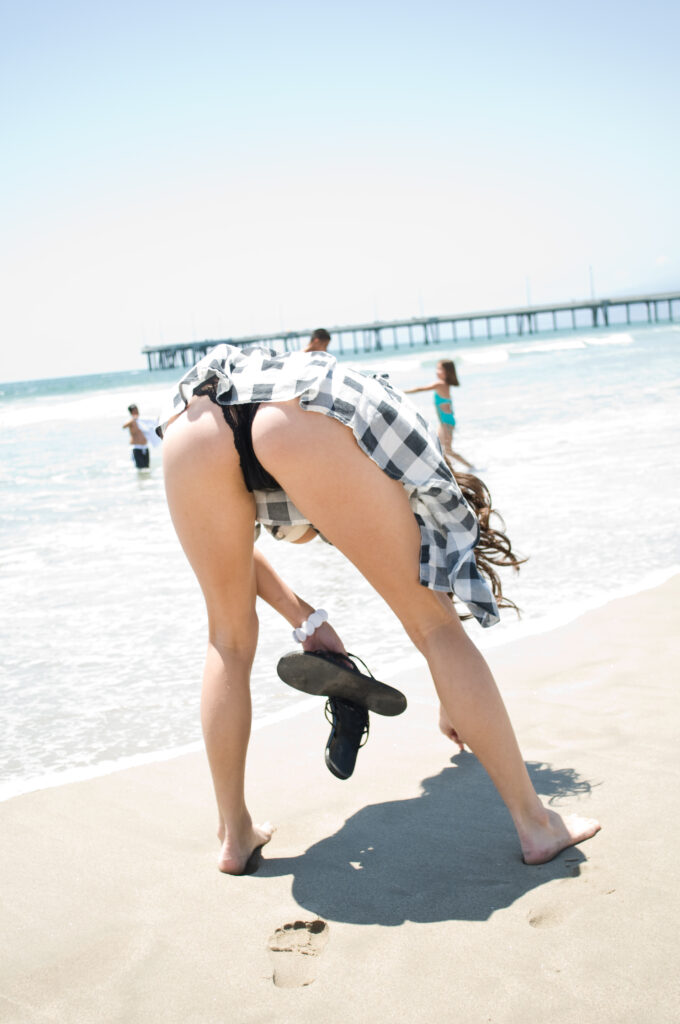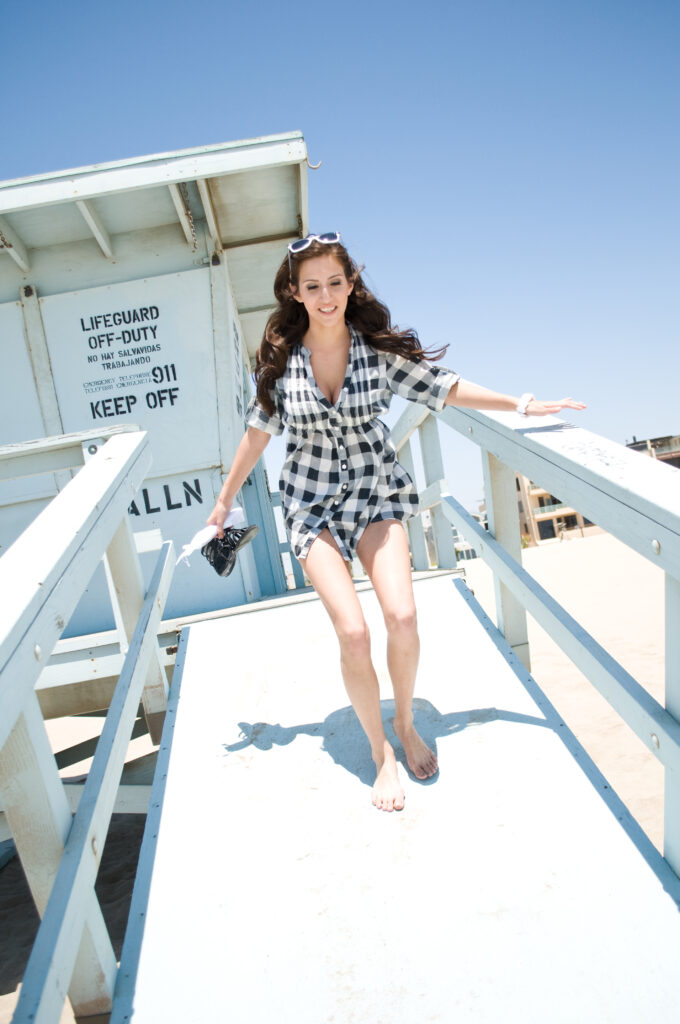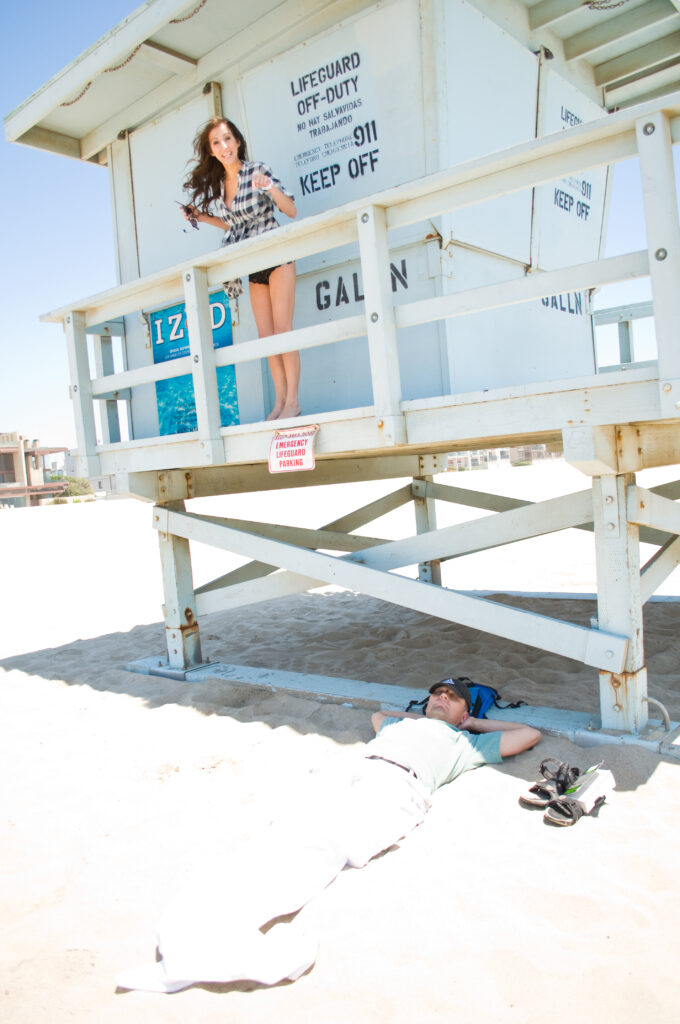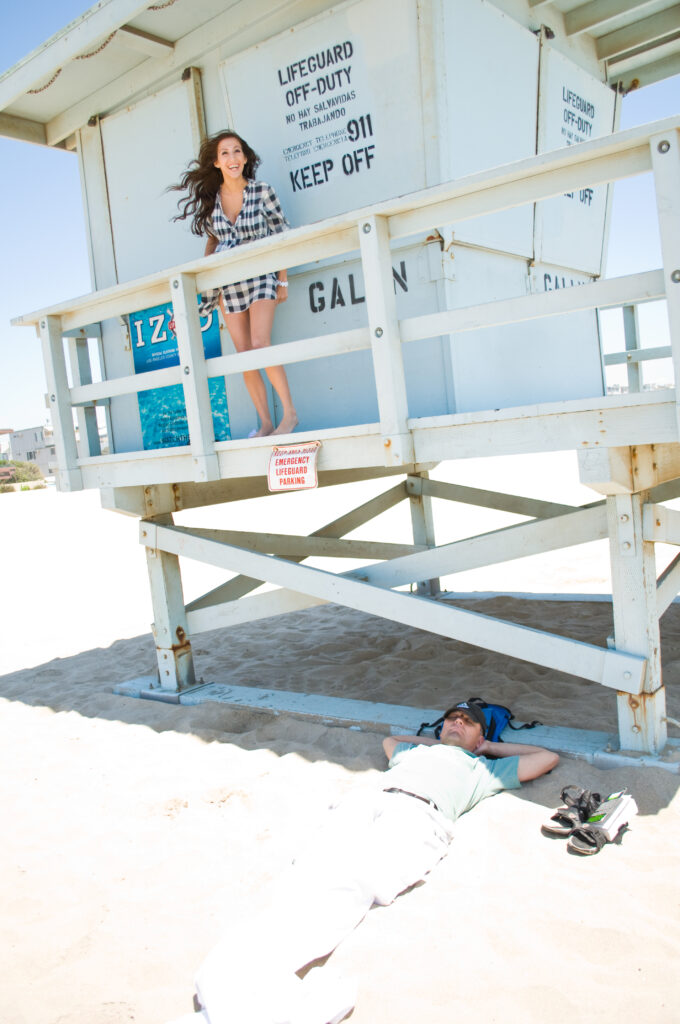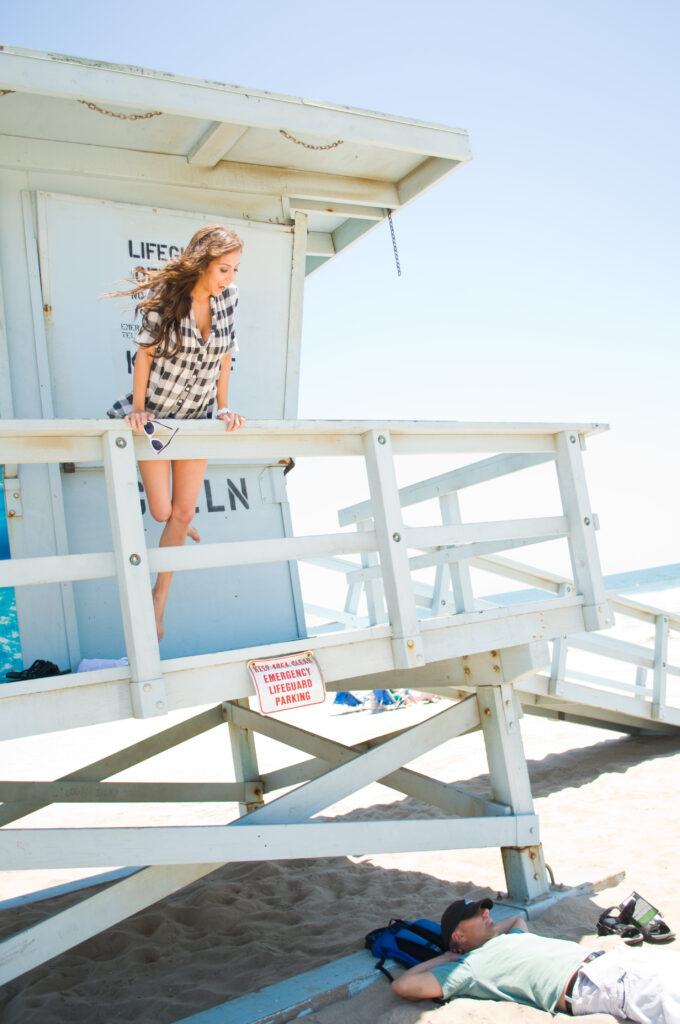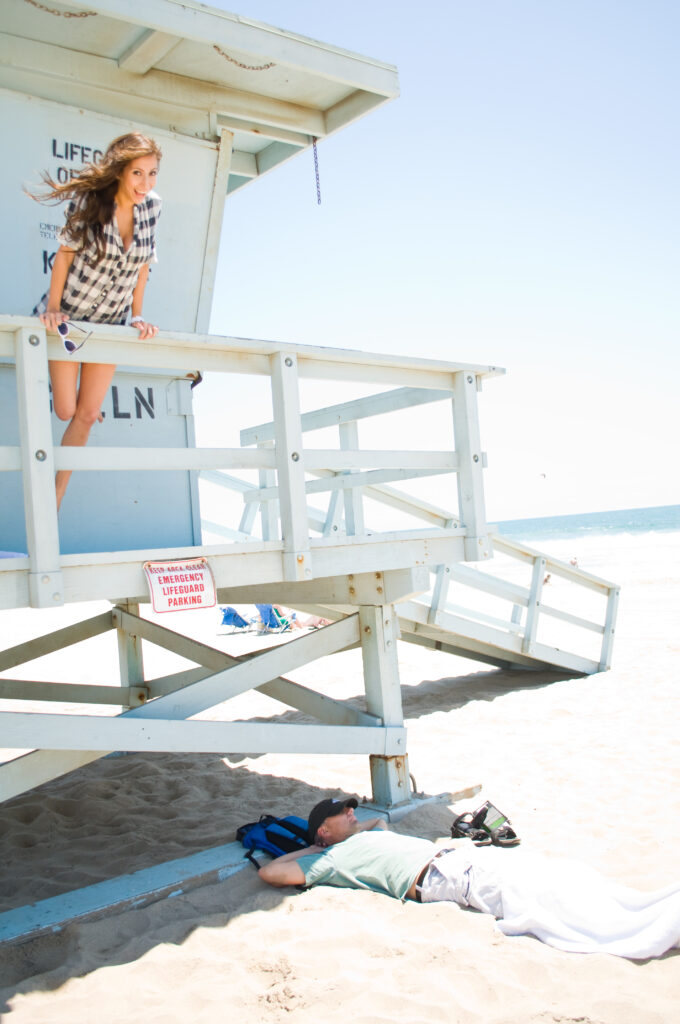Voyeur Dystopia – Voyeurs in Mainstream Films

Voyeur thoughts in mainstream films …A Take on the Truman show
We will throw in a few pics to keep you entertained…its a long read 🙂 Commercial Break – Check out Adult List Voyeur Sex Films and Voyeur Picture Galleries
Truman Show – A Voyeur Dystopia
“The Truman Show” is a profoundly disturbing movie. On the outside, it handles the exhausted issue of the intermingling of living and also the press.
Examples for as good incestuous relationships abound:
Ronald Reagan, the cinematic president had also been a presidential movie star. In yet another film (“The Philadelphia Experiment”) a defrosted Rip Van Winkle exclaims upon watching Reagan on tv (forty years after the forced hibernation of his started): “I know the guy, he would once play Cowboys in the movies”.
Candid cameras monitor the life of webmasters (site owners) virtually twenty four hours one day. The resulting pictures are continuously posted on the internet and therefore are accessible to anyone with a pc.
The final ten years saw a spate of movies, all worried about the confusion between life and also the imitations of daily life, the media. The ingenious “Capitan Fracasse”, “Sliver”, “Capricorn One”, “Wag the Dog” as well as several lesser films have all attempted to handle this (un)fortunate state of things plus its practical and moral implications.
The blurring line between life and the representation of its in the arts could well be the primary theme of “The Truman Show”. The hero, Truman, resides in an artificial world, built specifically for him. He was created and raised there. He knows no other place. The individuals close to him – unbeknownst to him – are actors. The life of his is administered by 5000 cameras and broadcast live into the planet, twenty four hours one day, daily. He’s funny and spontaneous since he’s ignorant of the monstrosity of which he’s the primary cogwheel.
But Peter Weir, the movie’s director, takes this particular issue 1 step more by perpetrating an enormous act of immorality on screen. Truman is lied to, cheated, deprived of the ability of his to make choices, controlled and manipulated by sinister, half mad Shylocks. As I said, he is unwittingly the only spontaneous, non-scripted, “actor” in the on-going soaper of his own life. All the additional figures in the life of his, such as the parents of his, are actors. A huge selection of countless viewers & voyeurs plug in to go for a peep, to intrude upon what Truman honestly and innocently believes being the privacy of his. They’re revealed responding to different remarkable or maybe anti climactic events in Truman’s life. That we’re the moral equivalent of these viewers voyeurs, accomplices to similar crimes, is as a shocking realization to us. We’re (live) viewers and they’re (celluloid) viewers. We both enjoy Truman’s inadvertent, non consenting, exhibitionism. We all know the reality about Truman therefore will they. Naturally, we’re in a privileged moral position since we realize it’s a film and they also recognize it’s a portion of raw lifestyle which they’re viewing. But moviegoers throughout Hollywood’s history have insatiably and willingly participated in numerous “Truman Shows”. The life (real or perhaps concocted) of the studio stars had been brutally exploited and also integrated in the movies of theirs. Jean Harlow, Barbara Stanwyck, James Cagney almost all have been made to spill the guts of theirs in cathartic acts of on camera repentance without as symbolic humiliation. “Truman Shows” would be the more prevalent trend of the film business.
Commercial Break – Check out Adult List Voyeur Sex Films and Voyeur Picture Galleries
Next there’s the query of the director of the film as God and of God as the director of any movie. The people of the staff of his – non-technical and technical alike – obey Christoff, the director, practically blindly. They suspend their improved moral reasoning and give in to the whims of his and also to the vulgar and brutal facets of the pervasive dishonesty of his and sadism. The torturer adores the victims of his. They define him and also infuse the life of his with meaning. Found in a narrative, the film states, folks act immorally.
(IN)famous psychological experiments support the assertion. Pupils have been led in order to administer whatever they believed were “deadly” electric shocks to the peers of theirs or even for treating them bestially in simulated prisons. They obeyed orders. And so did all of the hideous genocidal criminals in history. The Director Weir asks: should God be permitted to be immoral and might he be bound by integrity and morality? Must the choices of his and actions be constrained by an over riding code of wrong and right? Must we obey the commandments of his blindly or must we exercise judgement? In case we exercise judgement are we then being immoral because God (and the Director Christoff) know far more (about the planet, about us, the viewers and also about Truman), understand much better, are omnipotent? Will be the exercise of judgement the usurpation of divine attributes & powers? Is not this particular act of rebelliousness certain to lead us down the road of apocalypse?
It practically all boils right down to the issue of free choice and also free will compared to the benevolent determinism required by an omnipotent and omniscient being. What’s better: to hold the option and be damned (almost inevitably, as in the biblical narrative of the Garden of Eden) – or even to give in to the outstanding wisdom of a supreme being? A decision usually involves a dilemma. It’s the struggle between 2 equivalent states, 2 weighty decisions whose results are just as appealing and 2 identically preferable courses of action. Where there’s no such equivalence – there’s no alternative, simply the pre ordained (given complete knowledge) exercise of any preference or inclination. Bees don’t elect to make honey. A fan of football doesn’t decide to view a football game. He’s driven by a definite inequity between the options that he faces. He is able to read an ebook or even go towards the game. The decision of his is pre-determined and clear by the predilection of his and by the invariable and inevitable implementation of the idea of pleasure. There’s no option here. It’s all fairly automatic. But compare this to the option several victims must initiate between 2 of the kids of theirs in the face of Nazi brutality. That kid to sentence to death – what type to sentence to life? Today, this’s a genuine choice. It calls for conflicting feelings of equal strength. A mustn’t confuse decisions, choice and opportunities. Decisions are the simple selection of programs of action. This particular choice could be the product of the result or a decision of an inclination (conscious, subconscious, or maybe biological genetic). Opportunities are present states of the planet, which enable a choice to be produced and also to influence the upcoming state of the globe. Choices are the conscious experience of ours of other or moral dilemmas.
Christoff finds it odd that Truman – having found the truth – insists upon the right of his making choices, i.e., upon his right to experience dilemmas. To the Director, dilemmas are distressing, destructive, unnecessary, and at best disruptive. His utopian world – the 1 he built for Truman – is dilemma-free and choice-free. Truman is programmed not in the feeling that the spontaneity of his is extinguished. Truman is completely wrong when, within the scenes, he will keep shouting: “Be careful, I’m spontaneous”. The Director and fat cat capitalistic producers want him being impulsive, they need him to make choices. Though they don’t wish him making choices. So that they affect his predilections and personal preferences by giving him with an absolutely totalitarian, micro controlled, repetitive environment. Such a world cuts down on the set of possible conclusions therefore there’s just one favourable or maybe appropriate decision (outcome) at every junction. Truman does determine whether to walk down a particular path or otherwise. However when he does choose to walk – only a single path can be obtained to him. The world of his is constrained and restricted – not the actions of his.
In fact, Truman’s only option in the movie results in an arguably immoral choice. He abandons ship. He helps out on the entire project. He destroys an asset of vast amounts of dollars, folk’s careers and lives. He turns the back of his on several of the actors that appear to be emotionally connected to him. He ignores the excellent as well as enjoyment which the show has brought on the lives of countless individuals (the viewers). He vengefully and selfishly vanishes entirely. He understands all of this. By the time he will make the choice of his, he’s completely informed. He sees that several individuals might commit suicide, go bankrupt, endure major depressive episodes, do drugs. But this substantial landscape of resulting devastation doesn’t deter him. He likes his narrow, individual, interest. He helps.
But Truman didn’t ask or even choose to be devote the role of his. He found himself accountable for all these individuals without being consulted. There was no action or consent of choice involved. Just how can anyone be to blame for the well-being and also lives of various other individuals – in case he didn’t CHOOSE to be very responsible? Additionally, Truman had the most perfect moral to believe that these individuals wronged him. Are we accountable and responsible morally for the well-being and also lives of people who wrong us? Genuine Christians are, for example.
Additionally, nearly all of us, quite often, find ourselves in situations that we didn’t help mould by the choices of ours. We’re unwillingly cast into the planet. We don’t supply prior consent to being born. This particular essential decision is created for us, forced upon us. This particular pattern persists throughout our adolescence and childhood: choices are made elsewhere by influence and others the lives of ours profoundly. As adults we’re the objects – usually the victims – of the choices of corrupt politicians, gung-ho generals, megalomaniac media barons, mad scientists and demented artists. This world isn’t of our making and the ability of ours to influence and shape it’s really limited and quite illusory. We are now living in the own “Truman Show” of ours. Does this mean we’re not morally accountable for others?
We’re morally accountable even in case we didn’t choose the parameters and also the conditions and attributes of the universe that we inhabit. The Swedish Count Wallenberg imperilled the living of his (and lost it) smuggling hunted Jews from Nazi occupied Europe. He didn’t choose, and helped to shape Nazi Europe. It was the creation of the deranged Director Hitler. To have found himself an unwilling participant in Hitler’s horror show, Wallenberg didn’t turn the back of his and opted out. He remained in the horrific and bloody set and also did his best. Truman must do the same. Jesus said that he must have loved the enemies of his. He ought to have experienced and acted with duty towards the fellow people of his, even towards people who wronged him significantly.
But this could be an inhuman demand. Such forgiveness and magnanimity would be the reserve of God. And also the reality Truman’s tormentors didn’t see themselves as a result and also thought they had been acting in the best interests of his and which they had been catering to his every need – doesn’t absolve them from the crimes of theirs. Truman must have maintained a good balance between the duty of his to the show, the creators of its and the viewers of its and his natural drive for getting back at the tormentors of his. The cause of the dilemma (which resulted in the act of his of choosing) is the fact that the 2 groups overlap. Truman found himself in the unimaginable position of becoming the single guarantor of the well being and also life of the tormentors of his. In order to place the issue in clearer relief: are we morally required to save the life and livelihood of somebody that significantly wronged us? Or perhaps is vengeance justified in such a situation?
A really problematic figure in this regard is the fact that of Truman’s very best and childhood friend. They were raised together, adventures, emotions and shared secrets. However he is to Truman continuously and under the Director’s instructions. Everything he says is an element of a software. It’s this disinformation convinces us that he’s not Truman’s real friend. A genuine good friend is expected, above all, to supply us with true and full info and, therefore, to improve the power of ours to select. Truman’s love that is true in the Show attempted to undertake it. She settled the price: she was ousted from the show. Though she attempted to provide Truman with a decision. It’s not adequate to say the proper things and make the proper moves. Internal motivation and drive are needed as well as the readiness to take risks (such as the threat of providing Truman with total info about the condition) of his. All of the actors that had Truman’s parents, loving wife, colleagues and friends, miserably failed on this particular report.
It’s in this particular mimicry which the philosophical key to the entire movie rests. A Utopia can’t be faked. Captain Nemo’s utopian underwater city became a genuine Utopia because everybody knew every thing about it. Individuals have been provided a choice (though an irreversible and also irrevocable one). They decided to be lifetime members of the reclusive Captain’s colony and also to abide by its (overly rational) rules. The Utopia came closest to extinction every time a group of stray survivors of a maritime accident had been imprisoned in it against their expressed will. In the absence of choice, no utopia is able to exist. In the lack of full, accurate and timely information, no choice is able to exist. In fact, the accessibility of preference is very essential that even if it’s avoided by nature itself – without by the designs of additional or maybe less sinister and monomaniac individuals – there could be absolutely no Utopia. In H.G. Wells’ book “The Time Machine”, the hero wanders off on the last millennium and then run into a peaceful Utopia. Its people are immortal, do not need to do the job, and believe to survive. Advanced machines care for all the requirements of theirs. No business owner forbids them making choices. There just is no requirement to make them. And so the Utopia is phony and really ends badly.
Lastly, the “Truman Show” encapsulates probably the most virulent attack on capitalism in a quite a while. Greedy, thoughtless cash machines in the form of billionaire tycoon producers exploit Truman’s life remorselessly and shamelessly in probably the ugliest display of human vices possible. The Director indulges in the control mania of his. The producers indulge in the financial obsession of theirs. The viewers (on each side of the silver screen) indulge in voyeurism. The actors vie and participate in the compulsive activity of furthering the petty careers of theirs. It’s a repulsive canvas of a disintegrating world. Maybe Christoff is right after al as he warns Truman about the genuine nature of the planet. But Truman chooses. He chooses the exit door triggering the exterior darkness with the phony sunlight in the Utopia which he actually leaves behind.





























